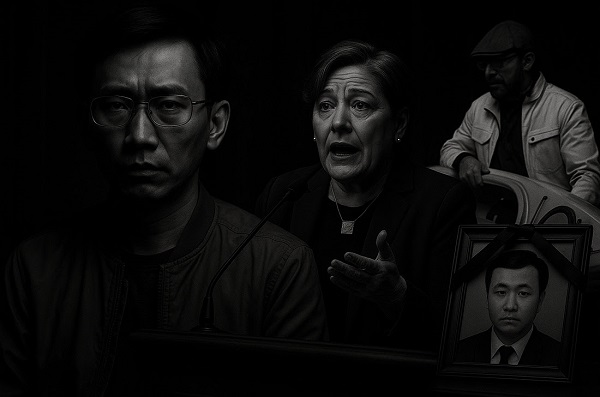From The Center Square
The U.S. Senate voted Thursday to overturn a Biden-era policy that restricted oil and gas drilling in most of the Arctic Wildlife Refuge’s Coastal Plain, advancing a Trump administration effort to open the area to energy development.
In a 49-45 vote, the Senate passed a resolution overturning a 2024 Interior Department plan that would have limited oil and gas lease sales to about 400,000 acres within the 1.56-million-acre Arctic Wildlife Refuge. One Republican senator, Susan Collins of Maine, voted with Democrats to oppose the resolution. The legislation is now on the president’s desk awaiting signature.
Federal lease sales in Alaska will now revert to a framework developed in 2020 by the Trump administration that had opened most of the Coastal Plain to oil and gas development. In October, the Interior Department said it would move to restore lease sales to the entire Coastal Plain as part of Trump’s U.S. energy dominance agenda.
The president’s One Big Beautiful Bill, passed in July, includes provisions mandating six oil and gas lease sales in the Cook Inlet Planning Area in Alaska’s federal waters between 2026 and 2032, compared to two auctions covering the same area during the Biden administration.
Alaska’s all-Republican congressional delegation introduced and cosponsored the legislation. Sen. Lisa Murkowski said after the vote that a return to “balanced management” on the Coastal Plain will support U.S. energy independence.
Kristen Moreland, executive director of the Gwich’in Steering Committee, a group formed in 1988 by Alaska Natives opposed to oil drilling on the Coastal Plain, said the Senate vote ignored local concerns. The group has said the Coastal Plain is a critical habitat for Porcupine caribou.
“This action from DC ignores years of consultation and communication with our Gwich’in communities that rely on this landscape for not only our subsistence and survival, but also our culture and spiritual health and well-being,” Moreland said on the group’s website. “We stand united in our opposition to any oil and gas development in the Arctic Refuge and will continue to fight this effort from the Trump administration and decision-makers who ignore our voices.”
Earthjustice, a nonprofit environmental law organization, also said the vote prioritizes energy production over wildlife protections.
Groups supporting the push to open the Refuge to energy production include Voice of the Arctic Iñupiat, whose members include leaders living in the North Slope region; Kaktovik Iñupiat Corp, the village corporation for Kaktovik, the only community located within the coastal plain; and North Slope Borough, a local government organization in Alaska that supports resource development to fund essential services like schools, infrastructure and emergency services.
As mandated by the Tax Cuts and Jobs Act passed by Congress in 2017, the first-ever lease sale of tracts in the Arctic National Wildlife Refuge occurred on Jan. 6, 2021.
Seven of the nine bids accepted at the 2021 auction went to the Alaska Industrial Development and Export Authority, a state-owned corporation, but those leases were canceled by the Biden administration in September 2023.
In March 2025, a U.S. District Court judge ruled the Biden administration had failed to follow the congressionally mandated procedure before canceling the leases, and ordered the Interior Department to vacate the cancelation.




















